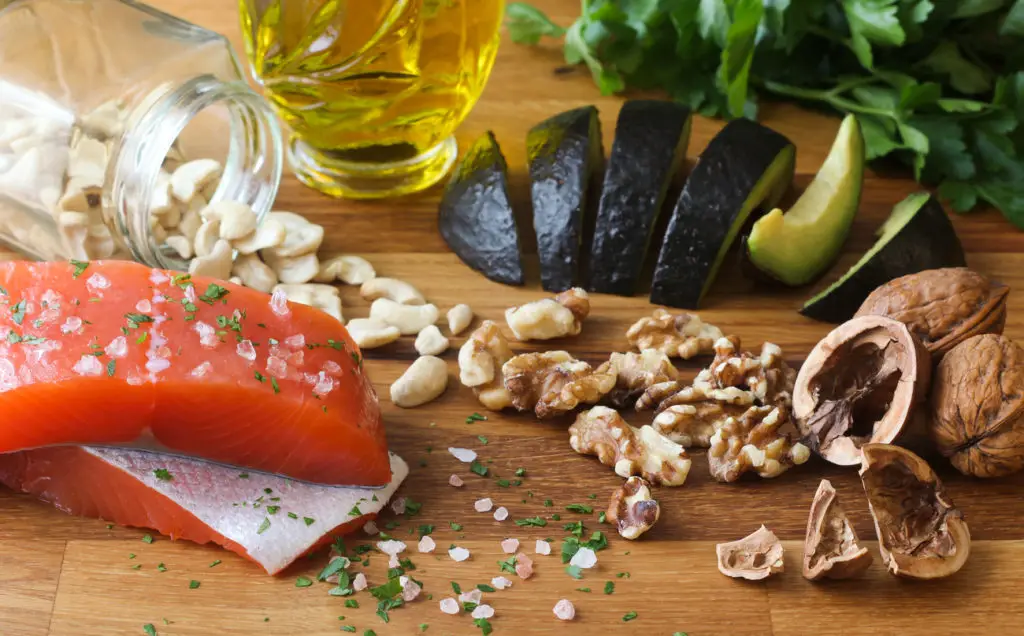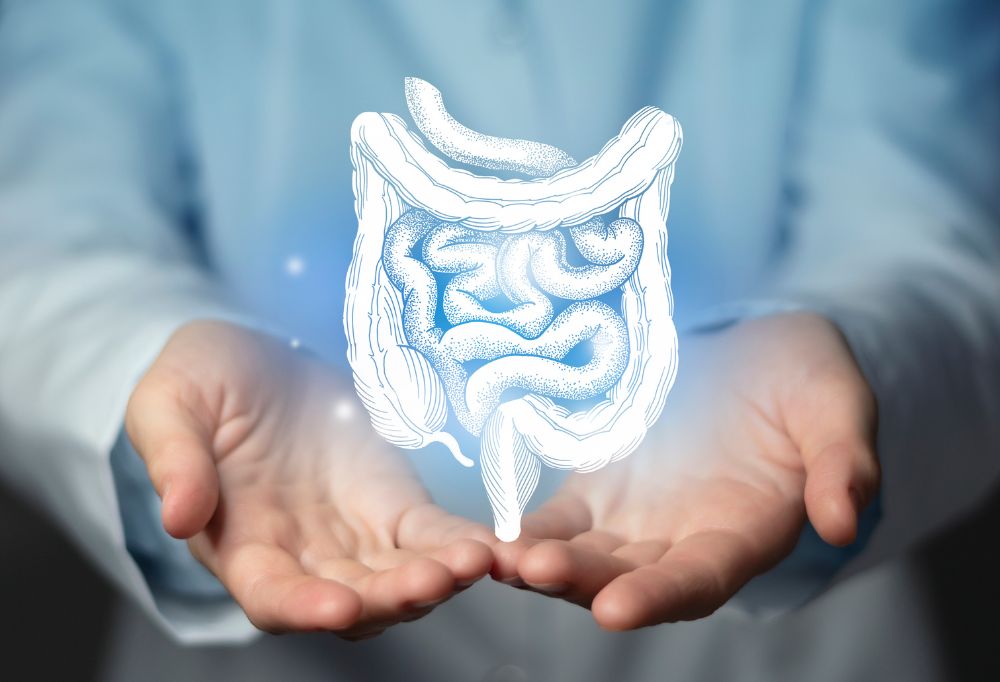Reviewed by Kimberly Cabe, FNP-BC of Forum Health Clarkston
Dealing with Anxiety
A proper diet is the main determinant of body functions. From cardiovascular health and joint health to brain function including, moods, anxiety, depression and stress management. However, stimulants such as caffeine, sugar and refined carbohydrates that are used for a quick energy boost, may contribute to a lasting onset of anxiety that plagues mental clarity, blood pressure and depression. A common antidote to anxiety is medication, though this hinders the body’s chance to recalibrate naturally through proper diet.
The change may be gradual at first, but the prolonged health benefits that ripple out far outweigh the benefits of a quick fix anti-depressant. To ensure the right foods are consumed to help combat anxiety, the main concern rests on how well each food can counteract the body’s stress response.
The Role Stress Plays
Stress can affect the body in several ways, one of which by releasing the hormone cortisol. Although, levels of cortisol are needed to help us stay alert, maintain metabolism and control blood sugar levels and blood pressure, the problem lies when there is too much cortisol being produced.
Cortisol increases when the body is undergoing some form of stress. This causes the pituitary gland to release the hormone, adrenocorticotropic (ACTH) that consequently signals the adrenals to release more cortisol. When there is too much cortisol, symptoms including weight gain, anxiety, sleep disorders, depression and even illnesses begin to surface.
Foods to help lower cortisol levels
- Blueberries and Acai Berry – These berries pack a one-two punch with anti-oxidants and phytonutrients which both help stabilize the body’s stress response and manage cortisol levels.
- Salmon, Fish Oil, Chia Seeds, Flax seeds and Walnuts – Foods rich in Omega-3s, support brain health and reduces inflammation but also play a significant role in lowering blood pressure and regulating cortisol and adrenaline levels when situations threaten a spike. As the traditional American diet is more prominent in Omega-6s, it is critical to supplement the diet with superfoods packed with Omega-3s to maintain the appropriate ratio between the two.
- Turkey – Providing an excellent source of the amino acid, tryptophan. This amino acid or the “building block of proteins” is the culprit of many sleepy Thanksgiving gatherings. Tryptophan in turkey as well as in dark leafy greens, are not only a sleep agent but a natural hormone stabilizer.
- Spinach, Kale, Swiss Chard, Seaweed and Kelp – All packed with the mineral magnesium which consequently is a natural sleep aid. If you’ve had your fill of greens, dark chocolate and cacao powder (chocolate in its rawest form) provides a sufficient dose, in addition to reducing cortisol levels.
- Sweet Potatoes – Whole grains that are gluten free have been shown to reduce anxiety and combined with high fibers promotes slow digestion proving to be a great comfort food without the guilty effects.
Targeting the Gut

The connection to what goes in the gut and level of brain function and mood have been strongly linked. Thus, a healthy gut is a good place to start. Adequate doses of probiotics found in Keifer, Kombucha, yogurt and raw cheese have played a significant part in promoting gut health. These probiotics, or good bacteria, aids in repairing the lining of the gut, thus reducing inflammation, improving nutrient absorption, boosting energy and regulating hormones.
Supplements
- Foods rich in vitamins and minerals specifically magnesium, zinc, B-vitamins and vitamin C have been found to naturally reduce anxiety, while boosting mood and overall brain health.
- B- Vitamins – B vitamins such as Folic Acid found in greens, asparagus, fruits and whole grains and B-12 supplement can help boost energy naturally without the excessive jitters that typically follows your morning cup of joe.
- Turmeric – Not only is this an anti-inflammatory, but the bioactive compound found in turmeric, known as curcumin, has shown to increase levels of serotonin and dopamine.
- Theanine – A natural relaxing agent found in Green Tea
- Maca Root- sprinkle it on virtually everything and begin to notice sustained energy and regulated moods.
Foods to avoid
- Caffeine
- Alcohol
- Refined Sugars
Not only do these foods digest quickly, thus spiking blood sugar and leaving us feeling lethargic but they have also been found to suppress serotonin levels in the brain, linking to depression.
If you are finding it difficult to manage your anxiety, Forum Health offers full health-assessments and will factor in your lifestyle in order to accurately tailor your diet. By reducing symptoms of anxiety and re-balancing hormones, we can help put you back on track to a worry-free and enjoyable life.
Find a Forum Health provider near you!
References
Axe, Josh (2014). 13 Great Probiotic Foods You Should be Eating. Retrieved from: https://draxe.com/probiotic-foods/
Axe, Josh (2016) Get more Tryptophan for better sleeps, moods and fewer headaches. Retrieved from: https://draxe.com/tryptophan/
Healthline (2017). Foods that could boost your serotonin. Retrieved from: http://www.healthline.com/health/healthy-sleep/foods-that-could-boost-your- serotonin#overview1
Naidoo, Uma (2016) Nutritional Strategies to Ease Anxiety. Retrieved From: https://www.health.harvard.edu/blog/nutritional-strategies-to-ease-anxiety-201604139441






